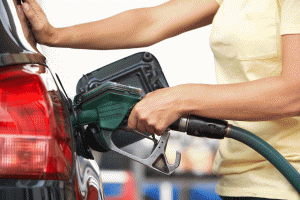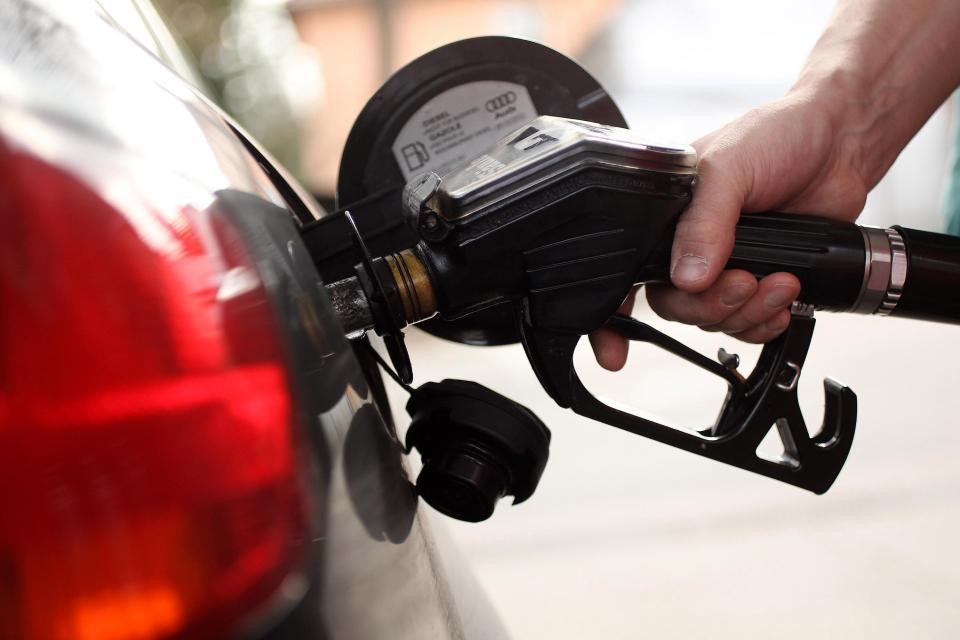Those who have been driving cars for a long time know about this problem. Yes, water contaminated petrol problem is a real problem, and you must know how to deal with it.
There are incidents that could either be your mistake or that of the gas station, which may lead to this contamination. So, before you can tackle it, you must know why it occurs at all.
Contents
How Water Contaminated Petrol Problem Occurs
There could be water in any gas tank including the best of sedans and SUVs and the reason could be either of the two:
You could have accidentally left the gas cap off in rainy or snow weather.
The gas station that you got your car fueled from had a bad water filter, which sent a slug of water along with gas.
There is very little probability that condensation may have caused it, because the fuel tanks are usually very well sealed in most vehicles.
It may have happened due to either reason. The point is that you must recognize it and find a way to remove water from gas tank.

SEE MORE:
>>Keep these Things in Mind before Changing Automatic Transmission Fluid
>>Here is Why Your Car Engine Overheats
Symptoms of Water in Gas Tank
Here are a few symptoms that indicate the presence of water in the gas tank. If you notice these, make sure you resolve the issue ASAP. If water is left in the fuel tank over a long period of time, it is likely to rust your car’s fuel system.
Sudden Change in Vehicle’s Performance
This change is manifest in a jerky ride. The car sputters consistently and hesitates on acceleration, especially when you go up the slope or try to achieve highway speed.
Rev Up and Jolts at High Speeds
Alternatively, you may experience that your car revs up or jolts to a high speed when you aren’t really expecting it to.
These symptoms of water contaminated petrol problem occur when the injectors suck up the water slug present in the fuel.
Since, water and petrol do not burn alike. When the water is sprayed by the injection, the piston doesn’t get anything to push forth into the combustion chamber.
This produces steam. So, when your car revs up to high speed, it’s probably a fresh injection of fuel slug after water that’s causing it.
How to Remove Water From Gas Tank?
The very first thing that you must do is find a safe place and stop your car immediately, if the water hasn’t done that for you already. The easiest way is to empty the entire volume of gas and refill with a fresh load.
It sounds expensive, but it is the best solution. After you empty it, let it be for a while. Read this to know more about your fuel tank capacity.

The next best bet is to use a drying agent that comes in the form of fuel additive. Traditional drying agents need to be used with alcohol, which is a bit tedious to do.
It tends to be apt for older cars that have fuel system parts as well as seals that are made with sensitive materials. However, the latest kinds are the best solutions for most modern cars.
If all this seems too technical to you, calling a professional mechanic will be the wisest thing you can do.
FAQs
-
How does water get into the petrol tank in the first place?
Water can enter a vehicle’s petrol tank through several avenues, including condensation inside the tank (especially in changing temperatures), contaminated petrol purchased at a fuel station, or through leaks in the tank or fuel system components that allow rainwater or moisture in.
-
Can water-contaminated petrol damage the fuel injectors?
Yes, water-contaminated petrol can cause damage to fuel injectors. Water does not compress or burn like petrol, leading to improper spray patterns, reduced fuel efficiency, and potentially causing the injectors to clog or fail.
-
Is there a way to remove water from my petrol tank without draining it?
While some additives claim to remove small amounts of water by encapsulating the water molecules and allowing them to burn off during combustion, significant water contamination typically requires draining the tank.
These additives should be used with caution and according to manufacturer instructions.
-
How can I tell if the petrol in my tank is contaminated with water?
Symptoms of water-contaminated petrol include engine misfires, rough idling, difficulty starting the engine, and decreased fuel efficiency.
In some cases, you might notice a separation of layers in the petrol if viewed in a clear container, with water settling at the bottom.
-
Can water-contaminated petrol cause rust inside the fuel tank?
Over time, water in the fuel tank can lead to rust and corrosion, especially in metal tanks.
This not only compromises the integrity of the tank but can also lead to further contamination of the fuel system as rust particles are carried along with the petrol.
-
What should I do if I accidentally fill my tank with water-contaminated petrol?
If you suspect that you’ve filled your tank with contaminated petrol, it’s important to stop driving the vehicle as soon as possible to minimize damage.
Arrange for the vehicle to be towed to a service center where the tank can be drained, the fuel system flushed, and components inspected for damage.
-
Are certain vehicles more susceptible to damage from water-contaminated petrol?
While all vehicles can be affected by water-contaminated petrol, those with high-performance engines or direct injection systems may be more sensitive to fuel quality issues.
These engines rely on precise fuel delivery for optimal performance, and water contamination can more readily disrupt their operation.
-
Can water-contaminated petrol freeze in the fuel lines during winter?
In very cold temperatures, water present in the fuel lines can freeze, potentially blocking fuel flow and leading to engine stalling or difficulty starting.
This is more likely in regions with severe winter conditions and emphasizes the need to address any water contamination promptly.
Check out this video from car PROBLEMS to see more symptoms of water in gas tank!
Final Words
Addressing water contaminated petrol problem is critical to maintaining vehicle performance and preventing long-term damage.
If you suspect your petrol is contaminated, taking immediate action to resolve the issue can save you from more severe and costly repairs down the line.




Very educative tips please continue…